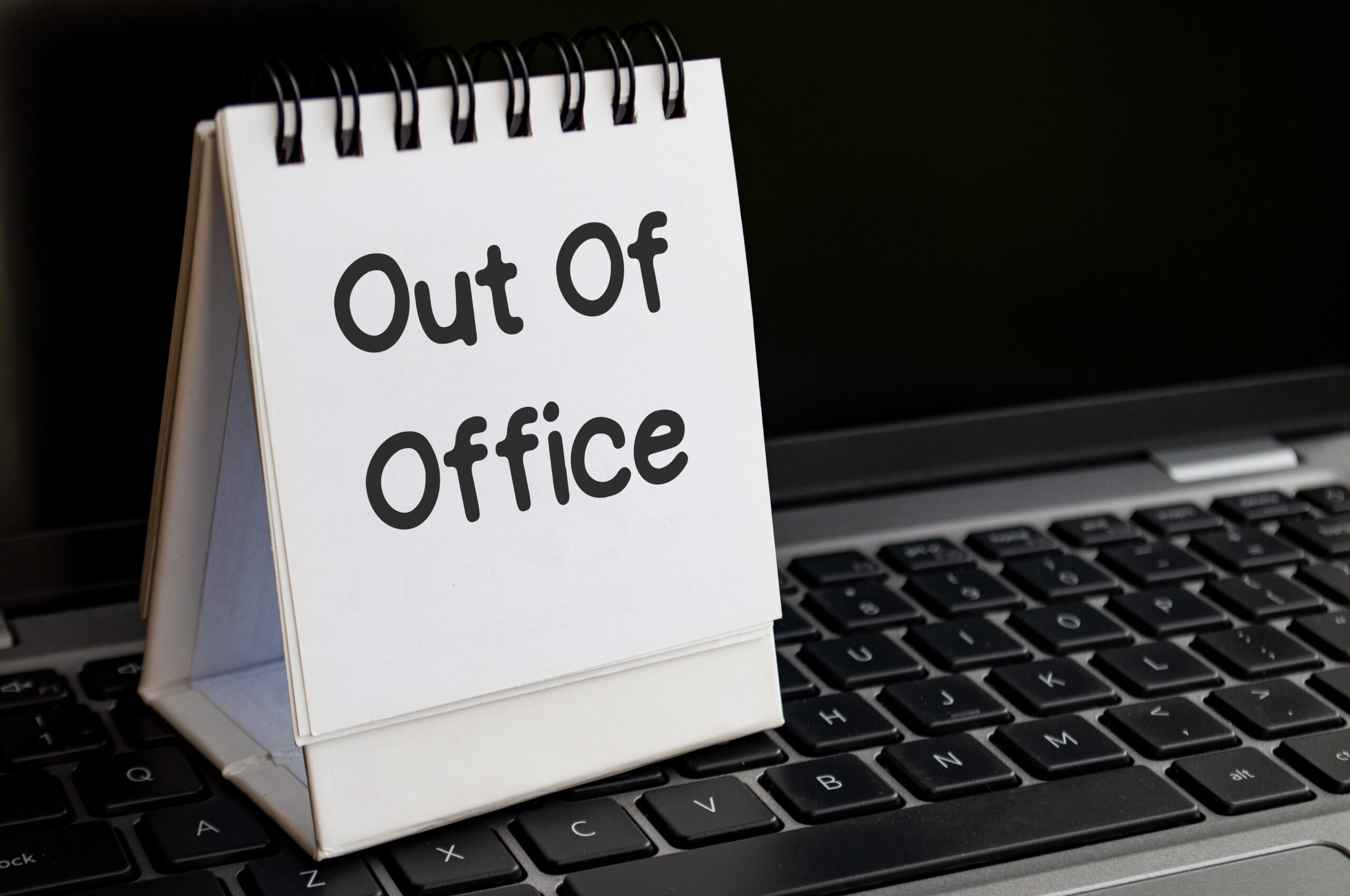
The new year is a time for evaluating circumstances and setting resolutions, then hopefully keeping them. This year, consider a resolution of disconnecting.
WHAT IS DISCONNECTING?
Disconnecting is allowing an employee to disengage from work by not attending to work tasks outside of their normal working hours. This includes answering phone calls and text messages, responding to emails, and other forms of communication.
Have you done this?
Finished work for the day but still checking your email? Still responding to messages from co-workers or clients?
We all do it and it is easy to fall into the trap of working after hours.
Sometimes, and especially for those of us who work from remote offices, the boundary between work time and personal time is blurry. But not disconnecting and maintaining a good work/life balance can have many negative affects, including increased levels of stress, burn out, fatigue, and health issues.

- Create a separate work space if you work remotely. Don’t work at your kitchen table. Dedicate a space to set up your work, that you can leave at the end of the shift.
- Set a start time and an end time for your work shift and keep to it. Remember to allocate time for a lunch break. Use settings on the devices and apps to keep yourself within these time frames.
- Create a ritual shutdown process to end your workday. Similar to a commute, come up with tasks to formally end the work day and start your personal time. For example, tidy your desk, make a to do list for the next day, close down your computer, set your availability to away. Creating a ritual will help disconnect more then just unplugging and tuning out.
- Set screen boundaries for all screens, including those you use for personal tasks, such as your cell phone and tablet, and even your television. Design your home environment to be less ‘tech centric’ and enjoy tasks that do not include technology, such as reading, exercise, and spending time with loved ones.
- Spend time alone to recover from the work day. Go for a walk, meditate, have a bath. It is important to reconnect with yourself.
Organizations need to show their commitment to employee work/life balance.
How can employers support their employees to disconnect?
Create Policy to communicate company support for employee disconnection.
Set reasonable expectations for response times for work related communications and stick to them. Encourage employees to use scheduled response times in email programs.
Be clear that responses are not expected until working hours. Respect employee efforts to disconnect. Do not message or email after hours if possible; even with the expectation that a response is not expected, many employees still feel they must respond.
Most importantly, model the behavior you wish your employees to have. Take steps to disconnect yourself from your work tasks. Business will still continue if you take eight hours away.


